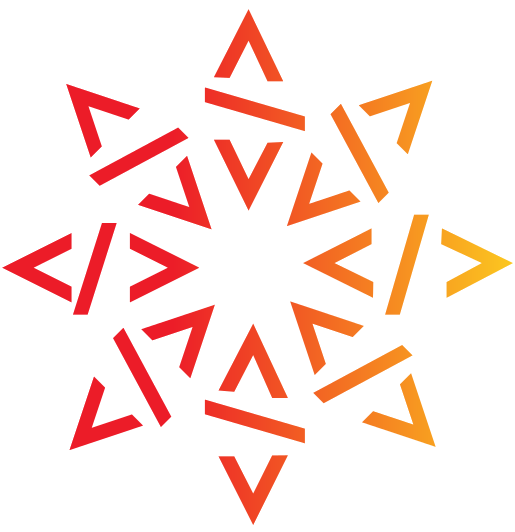All
Administration
Communication
Engineers
Events
Executives
Management
Open science
Visiting Scientists
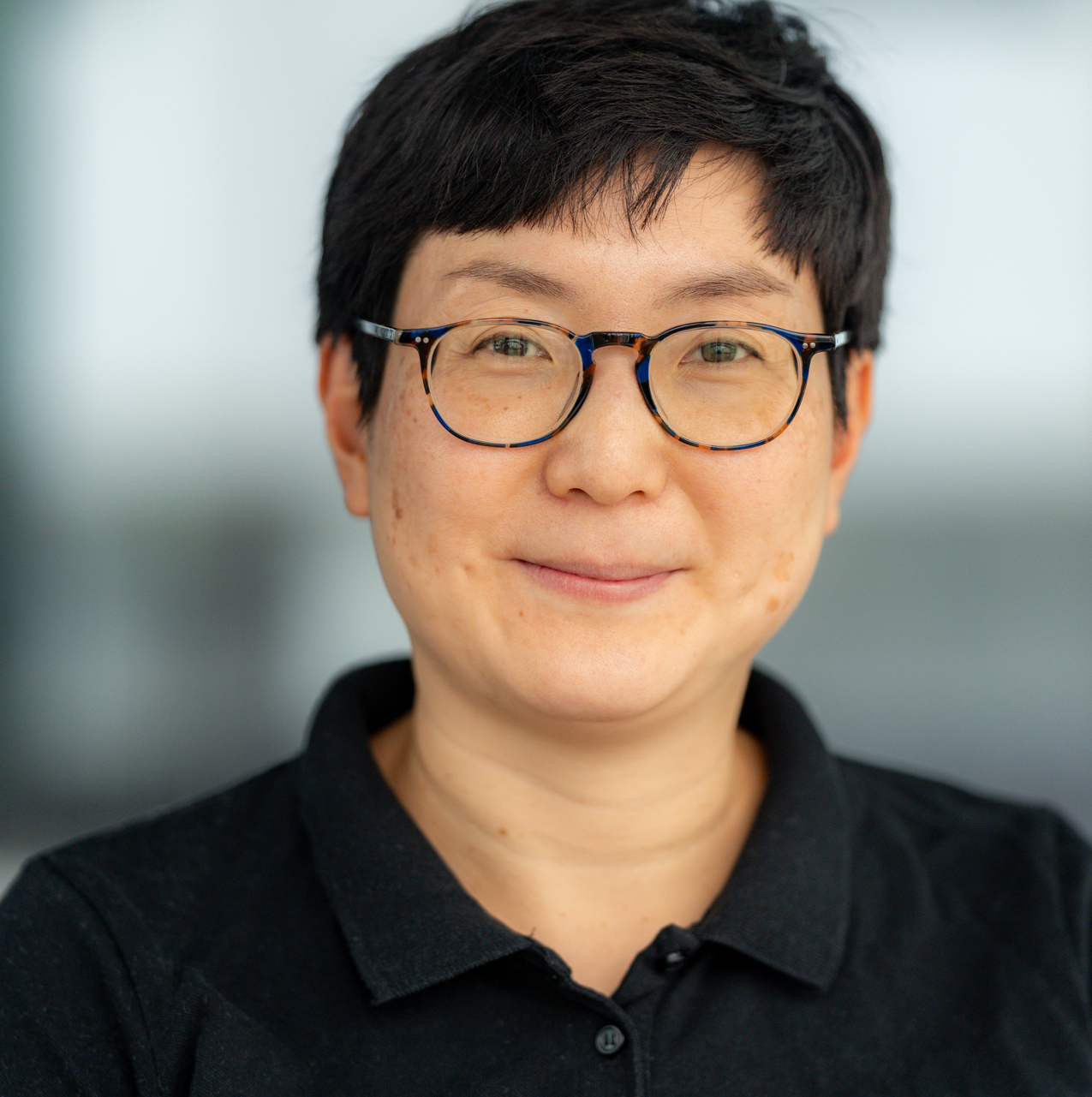
Sabrina Granger
Academia Engagement Program Manager
Elevating software to a first-class research citizen demands a robust and trustworthy
Read more
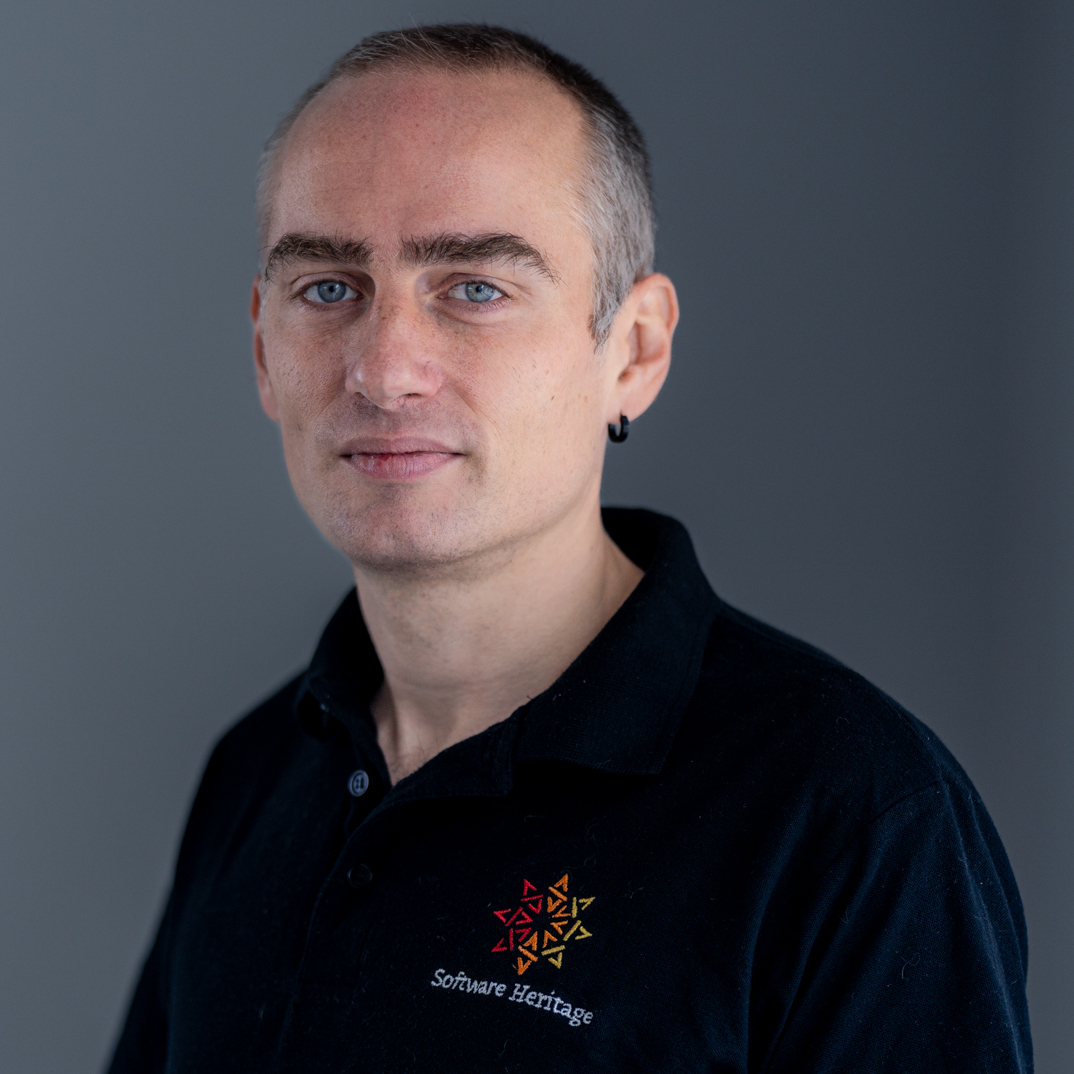
Antoine R. Dumont
System Administrator / Software Engineer
Antoine has been excited to join Software Heritage since the beginning of
Read more
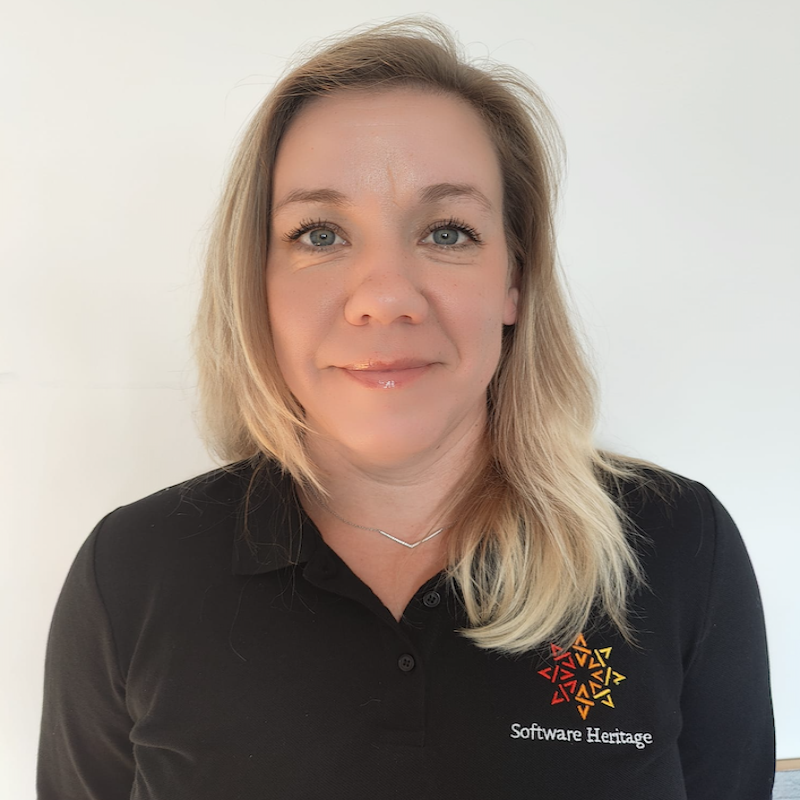
Aurélie Morin
Office Manager
I earned an associate's degree in Executive Administration in 2005. The following
Read more
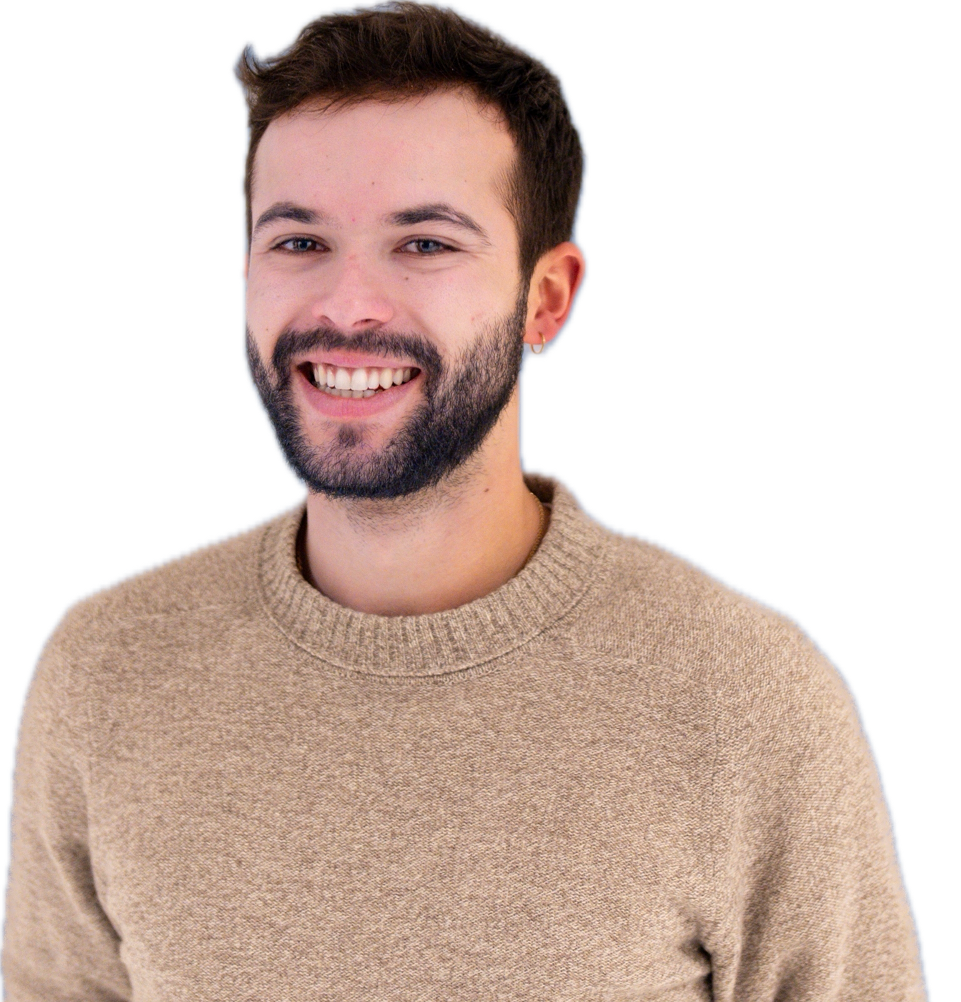
Aymeric Varasse
Software Engineer
Aymeric joined Software Heritage in late 2024 as a software engineer, after
Read more
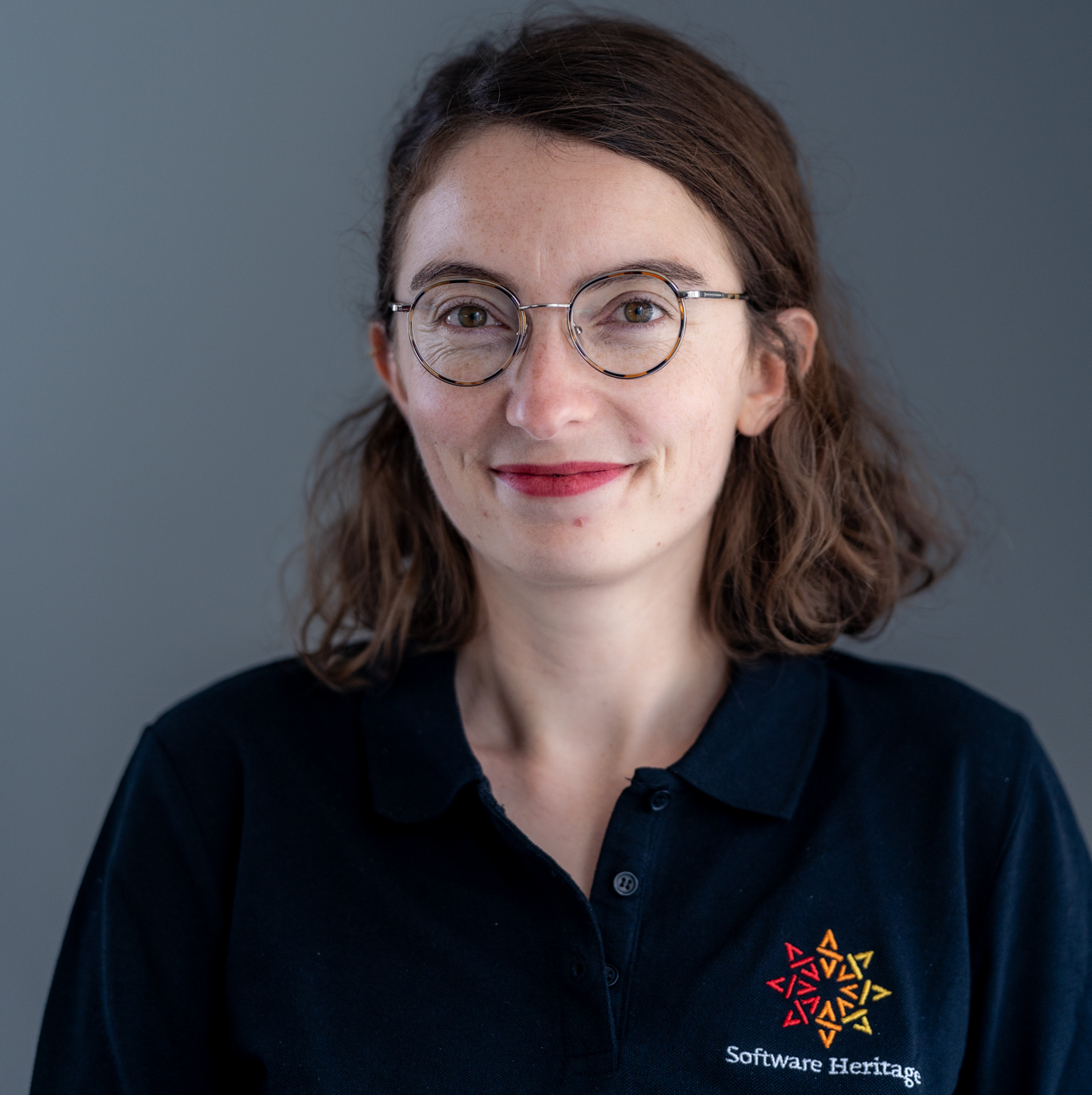
Mathilde Fichen
Visiting Scientist
Mathilde has a diverse educational background, having trained as an engineer at
Read more
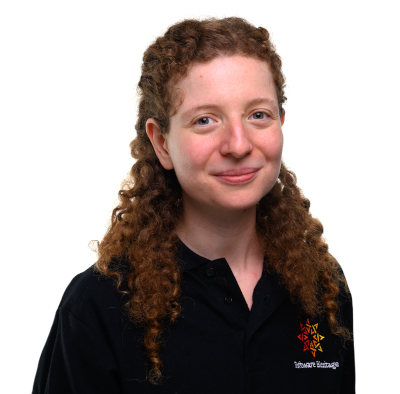
Morane Gruenpeter
Director of Scholarly Ecosystems
https://www.linkedin.com/in/morane-gruenpeter-81008232
Morane Gruenpeter leads the Scholarly Ecosystem operations at Software Heritage. Morane serves
Read more
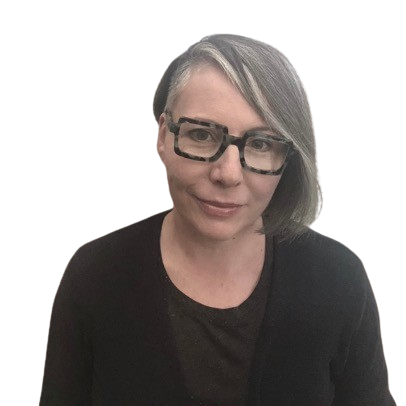
Nicole Martinelli
Strategic communications manager
Nicole dedicates both her work and free time to open source.
She served
Read more
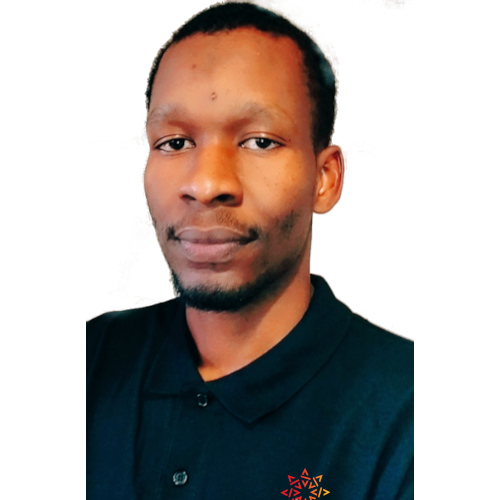
Amadou Thiam
Amadou holds a Bachelor's degree in Computer Systems and Networks and a
Read more
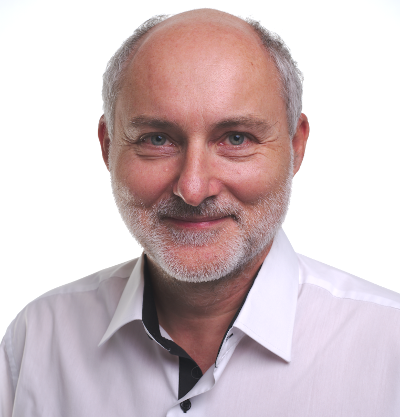
Roberto Di Cosmo
Founder, CEO
roberto@softwareheritage.org
After teaching for almost a decade at Ecole Normale Supérieure in Paris,
Read more
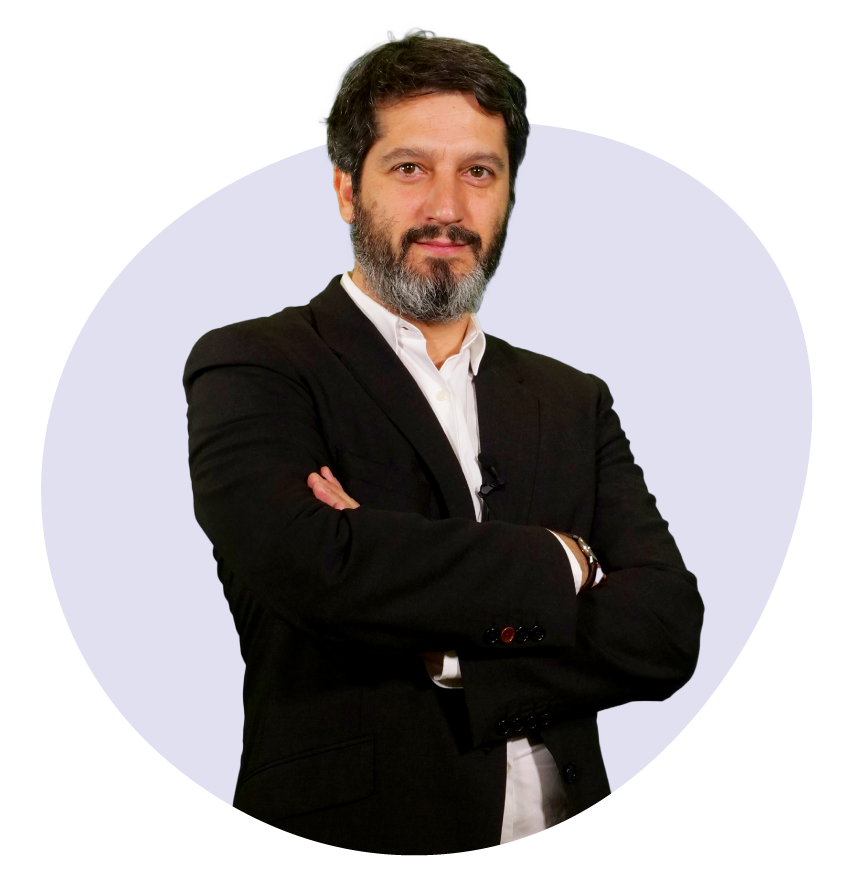
Bastien Guerry
Head of Partnerships, Public Sector & Industry
Bastien Guerry joined Software Heritage in October 2025 as Head of Partnerships,
Read more
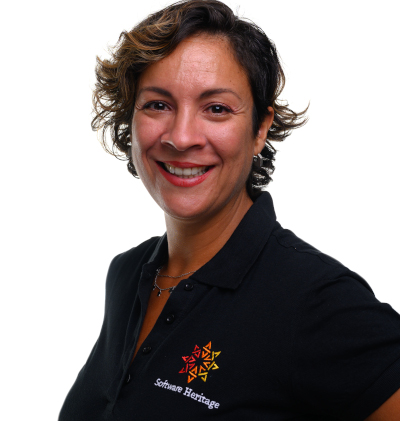
Marla da Silva
Marla obtained her Master’s degree in Communication at ISCPA (Institut Supérieur des
Read more
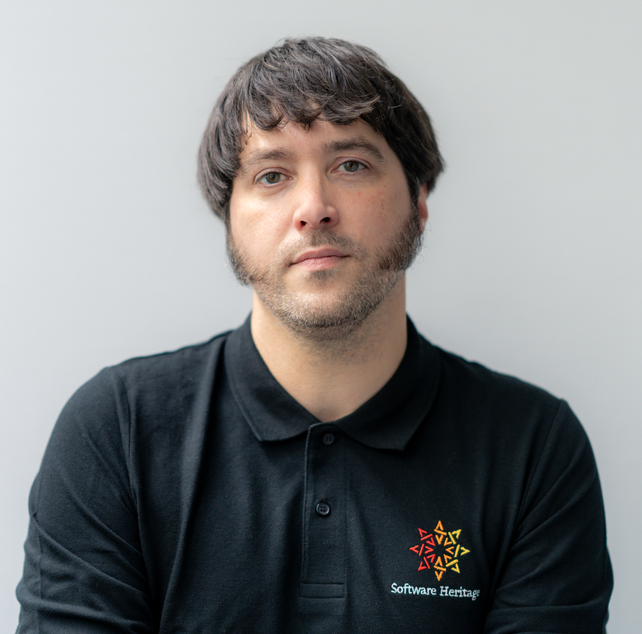
Renaud Boyer
Software Engineer
Renaud joined software heritage in June 2024 to strengthen the web archive
Read more
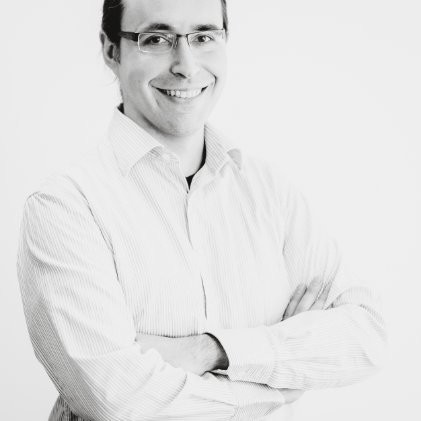
Thomas Aynaud
CTO
Graduated with a PhD in computer science from the University Paris 6,
Read more
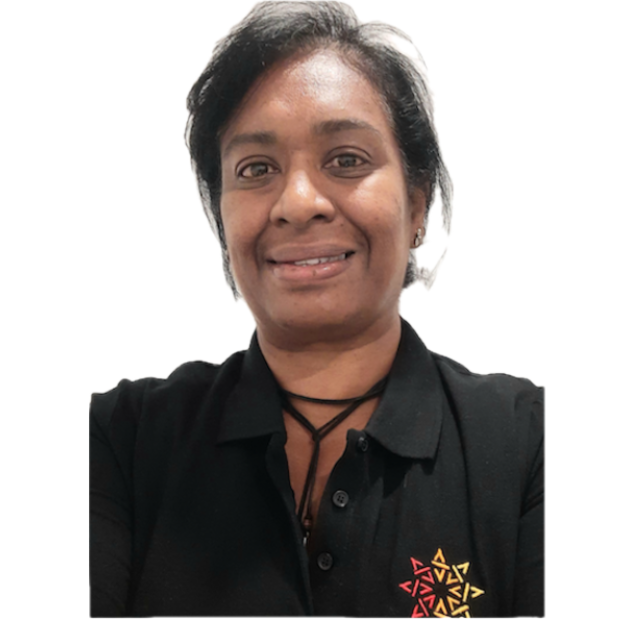
Linda Angulo Lopez
Open Science partnerships specialist
Champion of Global Commons | From Environmental Stewardship to Digital Sustainability.
A passionate
Read more
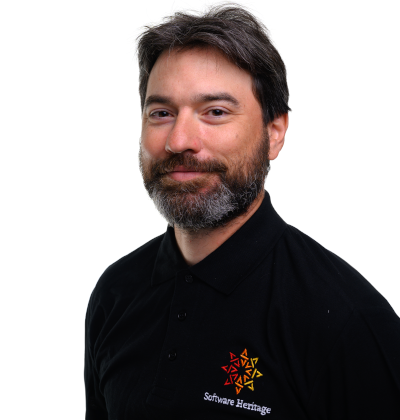
David Douard
Dev Team Manager
David Douard obtained his Ph.D. from the Laboratoire d’Informatique de Paris 6,
Read more
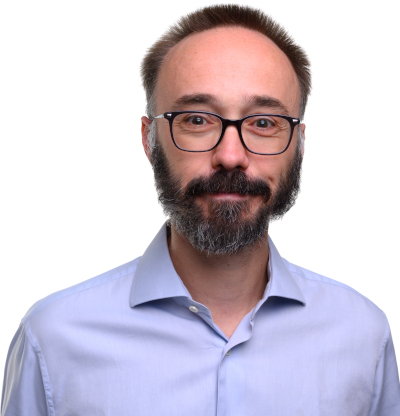
Stefano Zacchiroli
Founder, CSO
Stefano Zacchiroli is full professor of computer science at Télécom Paris, Polytechnic
Read more
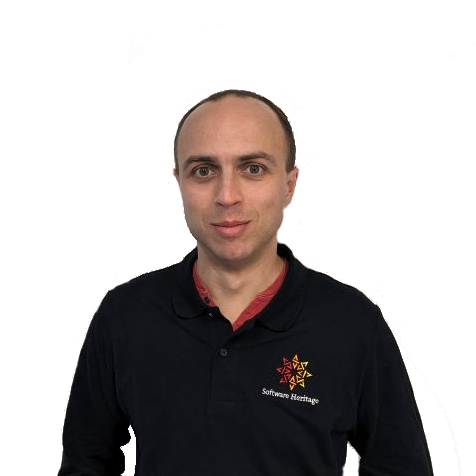
Martin Kirchgessner
Software Engineer
Martin installed his first Linux 20 years ago and has always used
Read more
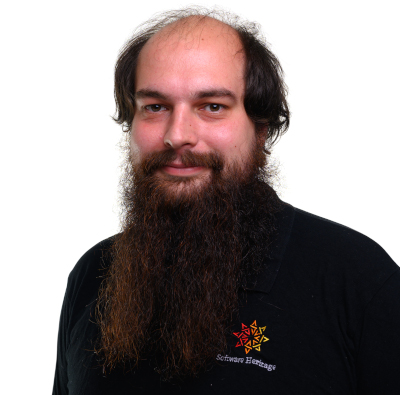
Nicolas Dandrimont
System Administrator / Software Engineer
Nicolas deeply shares the vision of Software Heritage, and has been excited
Read more
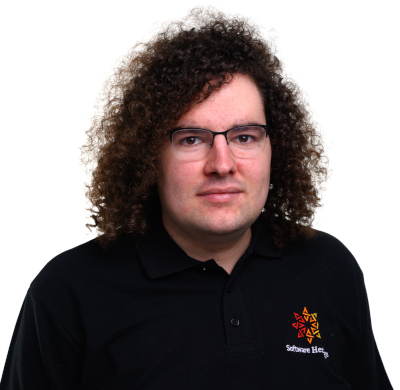
Valentin Lorentz
Software Engineer
Valentin joined Software Heritage in 2018 as a software engineer, after two
Read more
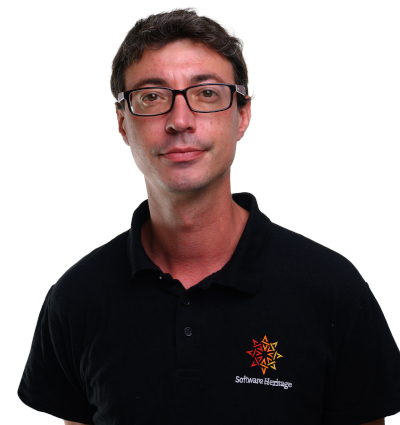
Antoine Lambert
Software Engineer
Antoine holds a PhD in Computer Science from the University of Bordeaux
Read more
Hall of fame
A list of people who have worked with us in the past is available from our hall of fame page.
